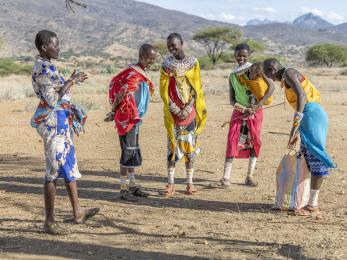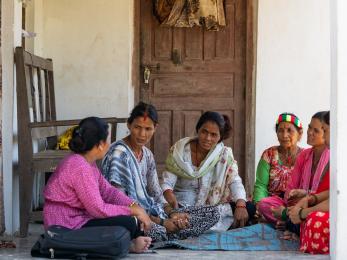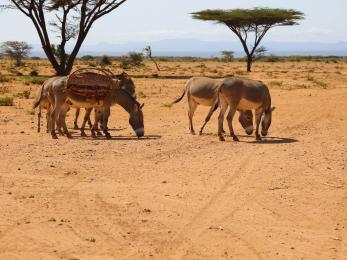Beyond Cash: Making Markets Work in Crisis

A better approach to crisis response
Read the brief ▸
Read the full report ▸
Markets are vital to our well-being. Even though they falter when war, violence, and natural disaster rip through communities, markets rarely collapse entirely. People find new ways to produce, exchange, and consume. Not only do they find new economic outlets: they depend on their markets, social networks, and local support systems more than they depend on external aid.
Despite this, traditional aid often overlooks these market systems; it may bypass them through the direct delivery of in-kind assistance and can undermine them with supply-driven programs. The aid sector has recognized the need for change, and the growth of cash transfer programs is a critical first step in this shift. Cash transfers can enable households to purchase what they need through local actors, invest in economic opportunities, and repay debts. But cash transfers still focus on directly providing resources to people, rather than strengthening people’s capacity to access those resources themselves through local systems.
The aid sector needs a new vision for crisis response — one that is market-driven, that leverages the capacities of non-aid actors in local and global economic systems, and that ultimately gives crisis-affected individuals the ability to drive their own decisions and secure their own lives and livelihoods. The approach in this paper, grounded in resilience thinking, recognizes that systems-led responses are central to helping individuals cope and recover. It requires aid actors to focus on core cross-cutting issues, including strengthening financial services systems and understanding the role of social and political power in markets. At a practical level, it involves targeted market support to essential business and local institutions that have more reach and sustainable impact than aid agencies. While this vision focuses on economic systems, these theories have broader implications — they also impact health, education, and other systems crucial to life and livelihoods.


